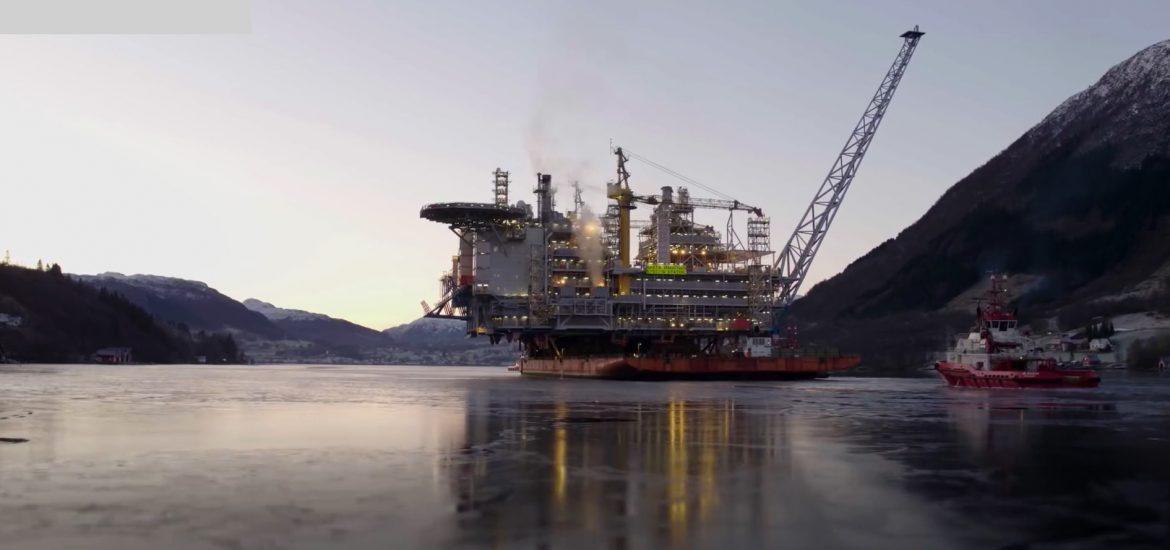
Norway’s Equinor has enjoyed another period of strong growth in the third quarter amid “value enhancing transactions” as the state-run oil and gas giant says it has taken steps to “strengthen and sharpen” its portfolio.
The company, which is 67-per-cent owned by the Norwegian state, bought Chevron’s 40-per-cent stake in Rosebank to the west of the Shetland Isles with 300 million barrels of projected oil reserves.
Equinor previously held a 30-per-cent non-operated interest in Rosebank, which it sold to Austria’s OMV in 2013.
The firm, which changed its name from Statoil in May to demonstrate its move away from fossil fuels, is due to achieve first oil at it the major Mariner project, east of Shetland, before the end of the year.
Equinor said it cut its guidance for organic capital expenditure this year to around US$10 billion from approximately US$11 billion, as a result of capital discipline and efficient project execution.
Third quarter revenues climbed 40 per cent year on year to €16.6 billion, and pre-tax profits rose to €3.7 billion from €826 million, which Equinor said was partly based on higher prices and increased production.
Equity production totalled 2.06 million barrels of oil equivalent (boe) per day in the last quarter, an increase of 1 per cent from 2.04 million boe per day from Q3 2017.
From 2017 to 2020, Equinor said production growth was expected from new projects, resulting in a compound annual growth rate of around 3 to 4 per cent. Production this year was expected to be 1- to 2-per-cent higher than last year, it added.
The Norwegian major has drilled 15 exploration wells so far in 2018, which have resulted in seven commercial discoveries.
Equinor CEO Eldar Saetre announced: “With solid operational performance and production efficiency, we delivered strong results and cash flow across all segments.
“We continued to strengthen our balance sheet and reduced our net debt ratio to 25.7 per cent in the quarter.
“We have achieved significant cost improvements in recent years, allowing us to capture more value from higher prices. We will continue with a strong cost focus to further strengthen our competitive position,” Saetre said.
“As a result of capital discipline and efficient project execution, we are able to reduce our organic capex guiding for 2018 to around US$10 billion,” he said.
“Project activity remains high, and we have submitted development plans for the next phases of the high value, low carbon Johan Sverdrup and Troll fields.
“In October we announced the acquisition of a 40 per cent operated interest in the Rosebank field in the UK and the divestments of two non-core assets in Norway.
Saetre added: “We also continue to develop our portfolio within renewable energy. The Apodi solar project in Brazil is on track, and we delivered first electricity from the Arkona offshore wind project in Germany.”
Equinor has not totally ditched its fossil-fuel assets. Picture credit: YouTube





